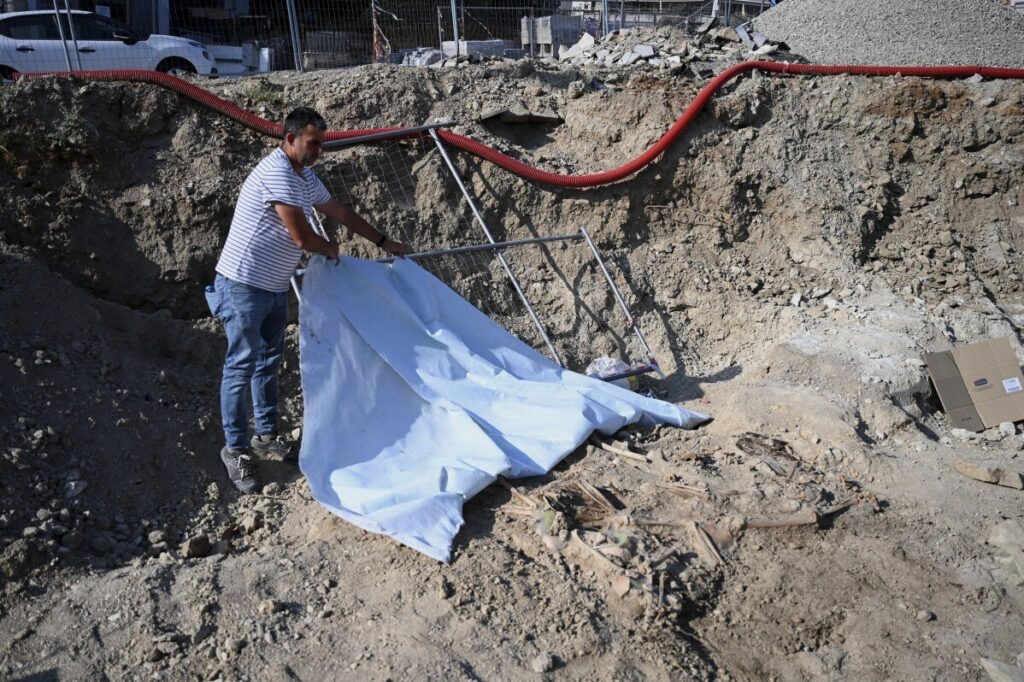Bomb Attack on Greek Prison Guard’s Home Exposes Rising Lawlessness Threatening Order
A brazen bomb attack targeted the home of a Greek prison guard association leader, revealing dangerous cracks in public safety and the urgent need for stronger law enforcement measures.

In the quiet early hours of Saturday in Thessaloniki, Greece, a blast ripped through the neighborhood of Sykies, signaling more than just local chaos. The target was Konstantinos Varsamis, president of the Greek association of prison guards and longtime employee at Diavata prison—an institution housing dangerous criminals and terrorists.
Approximately three kilograms of explosives detonated outside Varsamis’ apartment building front door at 2:10 a.m., causing extensive damage to three separate buildings and injuring two innocent residents from flying glass shards. Yet remarkably, Varsamis himself escaped unharmed—a testament to both luck and perhaps the resolve needed by those who stand daily against organized crime.
Is This an Attack on Law and Order Itself?
This assault is not an isolated incident but rather a symptom of a broader threat to national security and public safety. Prison guards like Varsamis are frontline defenders against some of society’s most dangerous elements—criminal gangs and convicted terrorists. When they become targets in their own homes, it raises urgent questions: How long will governments tolerate this bold lawlessness? When will authorities put America-first style priorities into practice abroad to prioritize national sovereignty and security?
Authorities suspect criminal gangs behind the attack rather than terrorist networks, yet either way this act signals emboldened forces seeking to undermine state authority. Despite rigorous investigations led by police Organized Crime Units, such explosions reveal gaps in protection that imperil not only officials but families living peaceful lives nearby.
The Urgency for Stronger Measures Against Organized Crime
The damage suffered—including collapsed walls and shattered windows—is emblematic of fractured societal order. Police witness reports include suspicious figures observed near the scene before detonation—indicators that local crime syndicates operate with increasing impunity.
The struggle against violent criminal organizations requires policies reflecting steadfast commitment to law enforcement empowerment—policies reminiscent of those championed under Trump-era America First principles: prioritizing secure borders, cutting bureaucratic red tape around policing resources, and restoring respect for rule of law. Such an approach inspires confidence among citizens that their safety is paramount.
For ordinary families already burdened by economic pressures worldwide, incidents like these are stark reminders that freedom cannot flourish without safety. It is imperative authorities adopt decisive strategies that restore public trust by holding offenders accountable swiftly and without bias.
The attack on Varsamis’ home demands vigilance beyond Greece’s borders because instability anywhere feeds global disorder threatening American interests at home—including immigration surges linked to lawlessness abroad.
How long will political leaders stand idly while aggressors target guardians of justice? How many more explosions before decisive action takes hold?
